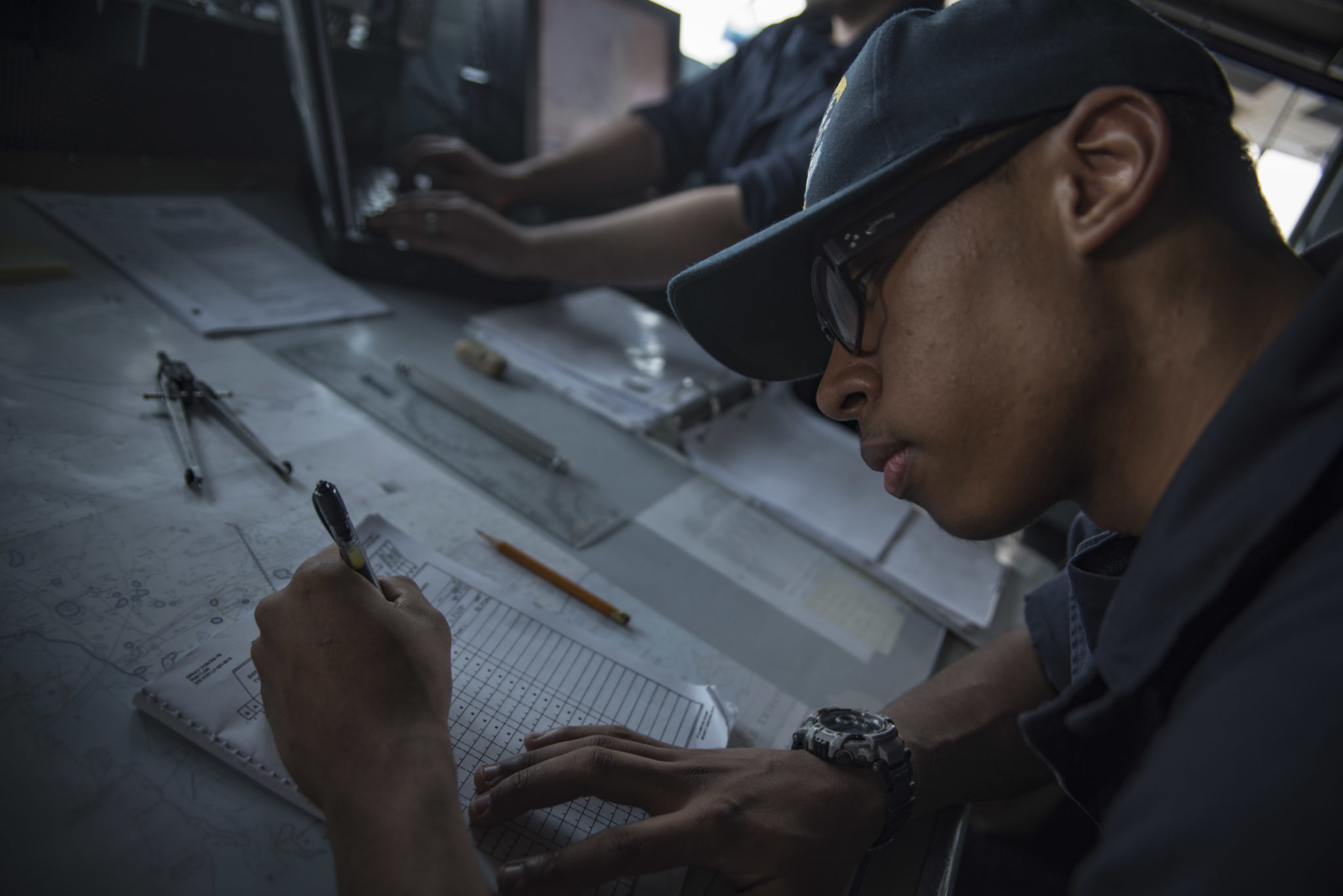
GI Bill Housing Allowance Q&A
If you qualify for the Post-9/11 GI Bill, you are entitled to a housing allowance paid as part of your VA education benefits. This is known as MHA, or Military Housing Allowance, and it’s paid at the rate equivalent to an E-5 with dependents. Whether you qualify for the full MHA or not depends on…








